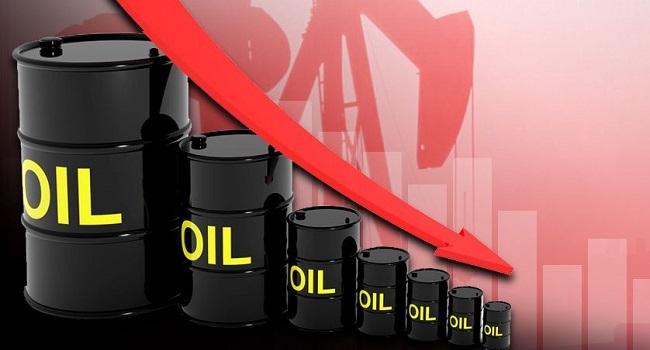Business
European refiners face plunging fuel demand from Nigeria, other W’ African countries

A new report by the Organisation of Petroleum Exporting Countries (OPEC) has revealed that a slump in fuel imports by Nigeria and other countries in West Africa is having adverse effects on European refiners.
Refineries in Europe account for a great percentage of the petroleum products Nigeria and other West African nations consume.
Nigeria’s four state-owned refineries have remained largely moribund for years due to underinvestment despite having a total installed capacity to produce around 445,000 barrels per day.
In the first week of April, government revealed plans to shut down the refineries and begin a revamp of the facilities.
“European refiners are challenged by petrol and diesel oversupply due to declining fuel import requirements from West Africa and Latin America, as well as stronger competition from the US refiners.”
Read also: Private sector’s contributions for tackling COVID-19 now N25.89bn
“Despite run cuts of nearly 20-30 per cent in most plants, gasoline (petrol) stocks are on the rise in traditional US export markets, such as Latin America, which are backing out of delivery deals,” the report said.
OPEC observed that the development would put greater strain on petrol markets ahead of the driving season, saying refiners in the US were posting hefty losses already in first quarter 2020 returns.
“The oil market is currently undergoing historic shock that is abrupt, extreme and at global scale. The typical seasonal low for refiners, at the end of the first quarter of each year, is being exacerbated by unprecedented destruction in oil demand due to the global spread of COVID-19.
“In fact, oil demand in Q2 2020 has been revised downward by almost 12 million bpd year-on-year, with 60 per cent of the loss coming from transportation fuels, primarily petrol and jet fuel,” OPEC said.
According to the OPEC document, containment measures against COVID-19 as mandated and executed by different governments comprised travel restrictions, sweeping lockdowns and social distancing, which were affecting more than 40% of the global population.
“So far, these restrictions have led to tumbling fuel consumption, amid product inventory builds, severely damaging jet fuel markets and driving petrol margins into negative territory.
“Holders of prompt cargoes struggled to sell their crude amid a steep decline in oil demand, particularly for transportation fuels such as jet fuel and petrol, and there were significant cuts in refinery runs in almost all hubs. Sellers of crude oil were heavily discounting their crudes to find buyers.”
Join the conversation
Support Ripples Nigeria, hold up solutions journalism
Balanced, fearless journalism driven by data comes at huge financial costs.
As a media platform, we hold leadership accountable and will not trade the right to press freedom and free speech for a piece of cake.
If you like what we do, and are ready to uphold solutions journalism, kindly donate to the Ripples Nigeria cause.
Your support would help to ensure that citizens and institutions continue to have free access to credible and reliable information for societal development.
























